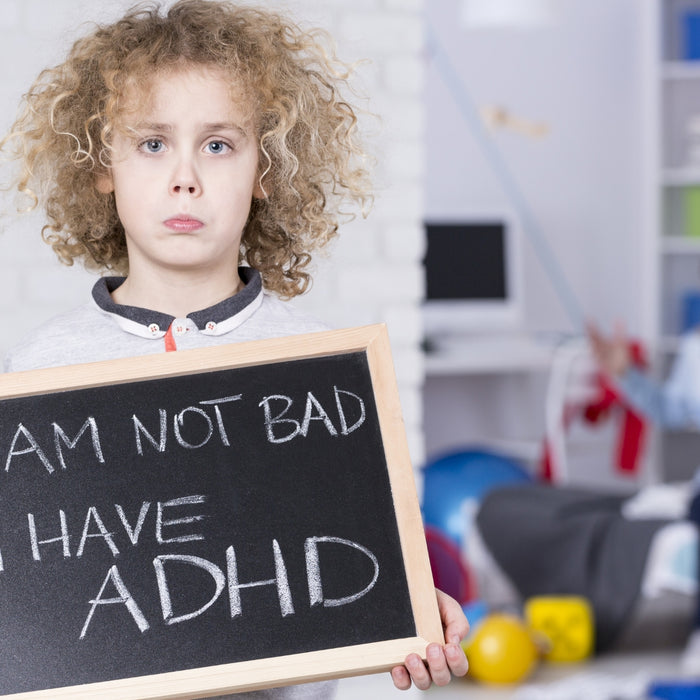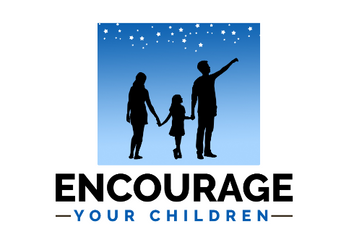
Listen to the article:

When our kids express appreciation for gifts and acknowledge kind gestures from others, we gleam with pride, but when the opposite occurs, we feel embarrassed beyond belief.
Teaching politeness and thankfulness can help your kids thrive; however, children under the age of seven aren’t able to easily grasp what others feel. Add to that shyness or personality, and it isn’t that children are not grateful, but the ability to comprehend and process may still be developing.
Fortunately, gratitude can be taught and it’s really never too early to start as long as you approach it gently and patiently. Using the following steps, you will be well on your way in cultivating an attitude of gratitude.
- Make sure “thank you” is used frequently. The more frequently children hear phrases; the faster they will use the same words in their growing vocabulary. Guide your child to say “thank you” when appropriate and make a point of saying it yourself as well. Most likely it will take some time, but through practicing it together in daily routines, it will eventually stick.
- Encourage role-play. Children have excellent imaginations and they learn best by doing. If your child enjoys tea parties with her stuffed animals, join in the fun and as you instruct her to say “thank you” and show kindness, ask her to teach her stuffed animals too.
- Seek opportunities to set an example. When your child picks up her toys or cleans her room, be sure to acknowledge it, letting her know that you are paying attention. For example, “You picked up your toys without being asked. That was so thoughtful,” or “You did a great job cleaning your room. I’m so happy.”
- Express gratitude to others. Teach your child to think of others and show appreciation for their service. This could include giving a small thank you gift, creating a card, or simply saying “thank you” to veterans, school teachers, bus drivers, truck drivers, etc. These small acts will nurture gratitude in your child and the recipient will be overjoyed.
- Volunteer and donate. Gather toys and clothes that are no longer used and take your child when you deliver the items. Explain how the items help others. Additionally, volunteering for an activity and working on it together will bring awareness about others less fortunate.
Gratitude is a skill that can teach children to be thankful for everyone and everything. And an attitude of gratitude is a mindset that provides a positive outlook on life and increases happiness.
Thought Starters:
- Understanding Gratitude: What does the word "gratitude" mean to you, and why do you think it's important to learn about it?
- Learning from Role-Play: How can playing make-believe games, like tea parties with stuffed animals, help us learn important things like saying "thank you" and showing kindness?
- Recognizing Kind Acts: Can you think of a time when someone said "thank you" or showed appreciation for something you did? How did it make you feel, and why is it important to notice and acknowledge kind gestures?
Suggested Questions To Ask Your Child:
- Do you remember a time when someone said "thank you" to you for something nice you did? How did it make you feel?
This question encourages the child to recall personal experiences of receiving gratitude and helps them reflect on the positive emotions associated with being appreciated.
- Can you think of a situation where you could say "thank you" to someone in our family or community to show your appreciation?
By prompting the child to consider opportunities for expressing gratitude, parents encourage them to think about concrete actions they can take to show appreciation to others.
- What are some toys or clothes you have that you no longer use or need? How do you think we can help others by donating these items?
This question engages the child in a discussion about giving back and encourages them to think about how their actions can positively impact others in need.
- How do you feel when you see someone being kind or helpful to others?
By exploring the child's emotions when witnessing acts of kindness, parents can foster empathy and encourage their child to appreciate and acknowledge such behaviors.
- What do you think we can do together as a family to practice gratitude and make it a part of our daily lives?
This question invites the child to brainstorm ideas for incorporating gratitude into family routines, promoting a sense of shared responsibility for nurturing an attitude of gratitude.
- Why do you think saying "thank you" is important not just for being polite but also for making others feel good?
This question encourages the child to consider the dual significance of expressing gratitude: it's not only polite but also has a positive impact on others' feelings.



